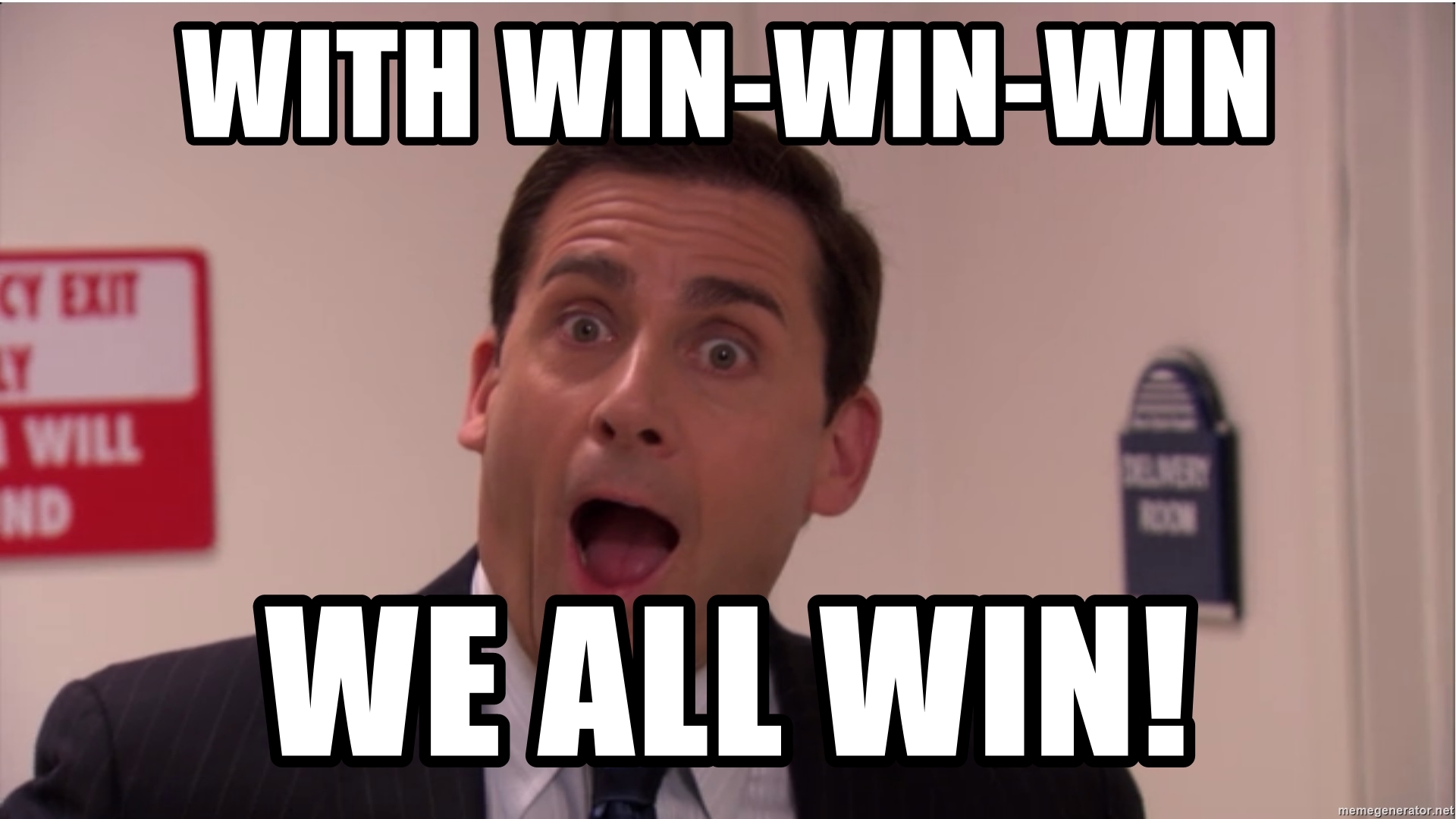What’s the deal with intermittent fasting and should you be doing it?
By now you’ve probably heard about intermittent fasting (IF). Some of you probably have already tried it or are currently doing it, or know someone who does. Some days you probably just do it without necessarily even thinking about it. And technically, anytime you aren’t eating, you are fasting. But we’re talking about longer periods of time here.
In the right context, intermittent fasting can be a powerful tool in your toolbox for improving or optimizing your health but there are certain considerations to keep in mind. You still need to focus on nutrient-dense food, you need to be aware of the state of your hormones, and be aware of certain situations or phases of life when IF is not a good idea.

Before we get into those considerations, let’s go over the basics of IF and what it actually is. Fasting, also called time-restricted-eating, is really quite simple. You just don’t eat for a certain period of time. This was something humans have been doing for thousands of years. It wasn’t until relatively recently that we have developed this “need” to be eating all the time. Do you think people 500 years ago had to eat 6 small meals per day to “keep their metabolism running” or keep their blood sugar stable? Our bodies are actually quite well equipped to go periods of time without eating and can thrive when we take a break from shoving food in our pie holes.

There are a few different typical ways people fast (beyond just the normal overnight hours). A common method is to skip breakfast, extending the overnight fast from 12 to 16 hours or so. A 16 hours fast like that would mean you would eat your first meal of the day at noon and then would finish your last meal of the day by 8pm. Your eating window is 8 hours and then you are fasting for 16. This, or a similar time-frame, is probably the most common method of fasting and can be easily integrated into your life.
Other people prefer longer fasts lasting 24-30 hours and will do that a few times a month or even once or twice per week. Some folks will do even longer, going for a few days or a week. If that sounds crazy to you, you can read about a guy who went 382 days without food. Yowza.
Fasting Benefits
IF can be a great tool for weight loss (again, in the right context, which I’ll get to) and has been shown to help preserve lean mass while promoting fat loss (1). The reason this can happen is hormone-driven. When we eat, the pancreas produces insulin which allows glucose into the cells to be used for energy or converted by the liver into glycogen, a storage form of glucose to be used later. What can’t be stored in the muscles or liver gets converted into fat. When we take a break from eating, insulin levels drop and the body has to find alternate sources of fuel. It first burns through glucose in the blood, then the stored glycogen, and then can start to move on to fat stores. When we constantly graze on food all day, the body has no need to tap into those stores of fat (which is just extra energy) because we are always providing more fuel.
Fasting has other great benefits as well, including improving cholesterol profiles. Studies show fasting can increase the particle size of LDL, which is a good thing (2) (this is a topic for another day but there are different types of LDL “bad” cholesterol. Small, dense, easily oxidized particles that are associated with an increased risk of heart disease and big, fluffy, not easily oxidized particles. We want to have more of the big fluffy ones and less small, dense particles). Fasting also decreases triglycerides, which is a good thing as well. HDL, on the other hand has NOT been shown to decrease, which is also a good thing. (3) Win-win-win!

-Another way fasting can improve your health is through a process called autophagy, which literally means “self-eating.” It sounds like a bad thing but it’s actually quite good because it means that your body is eating away at damaged cells. The innate intelligence of the body gets rid of the gunk and junk first before moving on to any good cells and tissue. It’s basically your body’s way of cleaning house and is being viewed as a valuable player in preventing cancer, diabetes, heart disease, inflammatory conditions, and neuro-degenerative diseases.(4) It’s not entirely clear, but fasting for at least 16, but probably closer to 20 hours shows benefits of autophagy.
You might be asking, “won’t fasting cause my metabolism to slow down”? No, not unless you consistently under-eat. The idea with fasting is just that you are restricting the window of time in which you fuel your body. If you do a 16 hour fast every day but also only consume 800 calories everyday then yes, your body may match its output of energy with the input of energy. If you fast for 16 hours but continue to eat nutrient-dense whole foods, including adequate protein and fat, your body will continue to burn energy at a more even rate.
Some Caveats
Okay, now the warnings. Fasting isn’t for everyone. If you’re pregnant or breastfeeding you don’t need to be fasting. If you struggle with an eating disorder you don’t need to be fasting. If you are a busy mom running on little sleep and feel like you’re being pulled in a million directions you might not need to be fasting.
The reason for that one (about the moms – although this isn’t just directed toward moms! Really anyone, but women in particular who are in a state of fight or flight all the time could fall into this category) is because fasting is another form of stress on the body and can negatively impact your delicate hormone balance. It can certainly be a good stress which is why it has so many benefits. But, if your body already thinks it’s constantly running from a tiger, you don’t need to throw another stress on top of that. Our hormones are constantly sending messages to and from the brain and various locations on the body. Our brains prioritize survival so when the stress of life gets to be too much, the brain can slow down production of some hormones and increase production of others(to give you energy to continue running from that metaphorical tiger). My advice would be to focus on eating a diet of whole, non-processed foods as much as possible and taking steps to manage stress and get adequate sleep. Once those steps are taken, then you could consider adding some shorter fasts.
Another consideration if you want to try some intermittent fasting is what you’re eating. It’s not a free pass to just eat all kinds of junky food just because you’re going to fast the next day. We still need to fuel our bodies with real food. That means food that grew out of the ground, walked, swam, or flew, or comes from those sources with minimal processing. If you eat junk and then fast you’re probably going to feel like garbage. Fasting lends itself to a higher fat, lower carbohydrate way of eating because your body adapts to burning fat for fuel and you can go longer periods of time without eating. Eating a high crappy carb diet and then fasting will keep you on a constant blood sugar roller coaster and you’ll be white knuckling your way through the fasts, all the while driving everyone crazy around you #hangry.
To wrap up, my advice if you haven’t tried intermittent fasting but you’re curious:
- First: make sure you’re eating nutrient dense food. Protein, healthy fats, veggies, nuts and seeds, some fruit. Make that your priority before jumping into fasting
- Second: ease into it. Make sure you can go 12 hours. So be finished eating by 8pm and then don’t eat again until 8am. Work your way up from there one hour at a time.
- Third: Stay hydrated! Drink plenty of water. You can also have plain tea or black coffee and still be fasted.
Tell me, have you tried intermittent fasting? What has been your experience?
